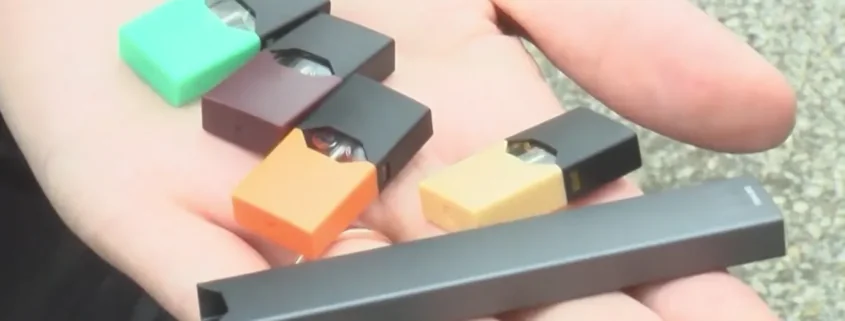Critics Warn Illinois Indoor Vaping Ban Could Backfire
Illinois recently approved legislation prohibiting the use of electronic cigarettes and vaping devices in indoor public spaces across the state. This aligns vaping regulations with existing indoor smoking bans. However, some consumer advocates argue the restrictions could inadvertently harm public health goals.
The new Illinois law expands the statewide 2008 Smoke-Free Illinois Act, which banned smoking indoors in public spaces, to also encompass vaping products. Advocates say the move protects bystanders from secondhand vapor exposure.
But critics contend vaping poses fewer direct risks than combustible cigarettes. They argue banning vaping could perversely push citizens back to more harmful smoking.
Sponsors say prohibiting public vaping supports efforts to reverse normalization among youth. Surveys show vaping rates spiked among Illinois teens in recent years despite age limit changes.
However, opponents say vaping serves as a harm reduction tool for adult smokers. Lumping vapes in with cigarettes through indoor bans diminishes their viability as an alternative.
While secondhand vapor may introduce risks, some contend these remain relatively insignificant and lack strong clinical evidence. On the other hand, secondhand smoke’s severe threats are conclusively proven.
More research on long-term impacts is required to definitively gauge the appropriateness of subjecting vaping to smoking-equivalent regulations.
Critics argue heavy vaping restrictions could increase healthcare costs over time by deterring cigarette smokers from transitioning to safer alternatives like e-cigarettes.
In fact, overly stringent vaping laws have been linked to higher traditional smoking rates in some jurisdictions, suggesting tighter control can backfire under certain conditions.
While impeding youth access is crucial, advocates say adult smokers rely on vaping options to quit cigarettes. Excessive regulations prohibition could have unintended public health consequences.
A balance is required that prevents teen usage while maintaining vaping as an accessible harm reduction mechanism for established smokers. But crafting prudent policy remains complex.
Instead of blanket indoor prohibitions, lawmakers could consider targeted restrictions:
- Banning kid-friendly vape flavors to discourage youth appeal
- Imposing stricter marketing limitations around schools
- Enhancing age verification requirements for sales
- Taxing vaping products to reduce general affordability
Multifaceted approaches may offer nuance beyond treating vaping identically to smoking under the law.
- Nicotine Pouches Illegal in Australia Without Prescription - August 12, 2025
- Vaping Trends in 2025: Flavors, Tech, and Regulations to Watch - August 12, 2025
- Is It Illegal to Vape or Smoke While Driving in the UK? - August 11, 2025









